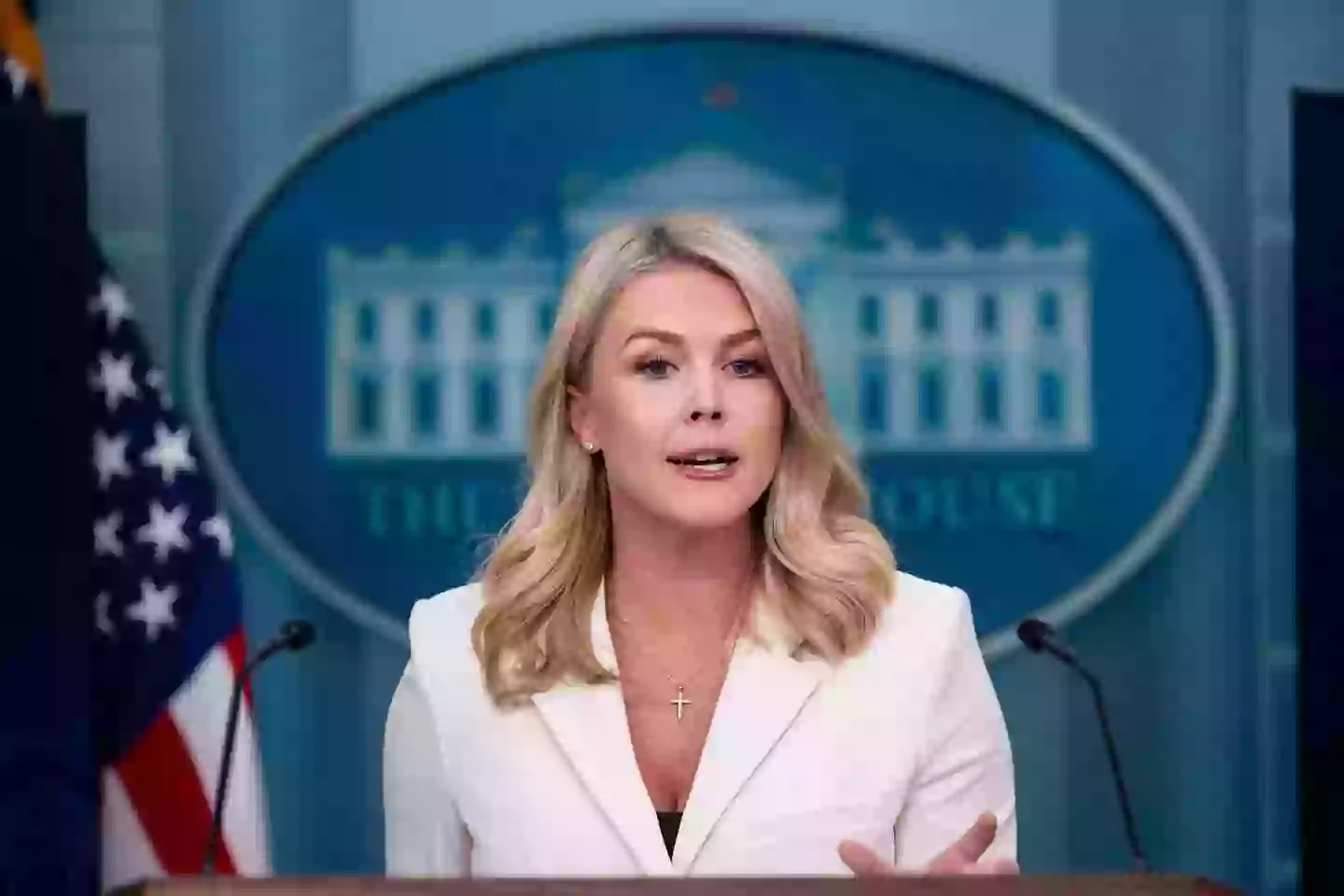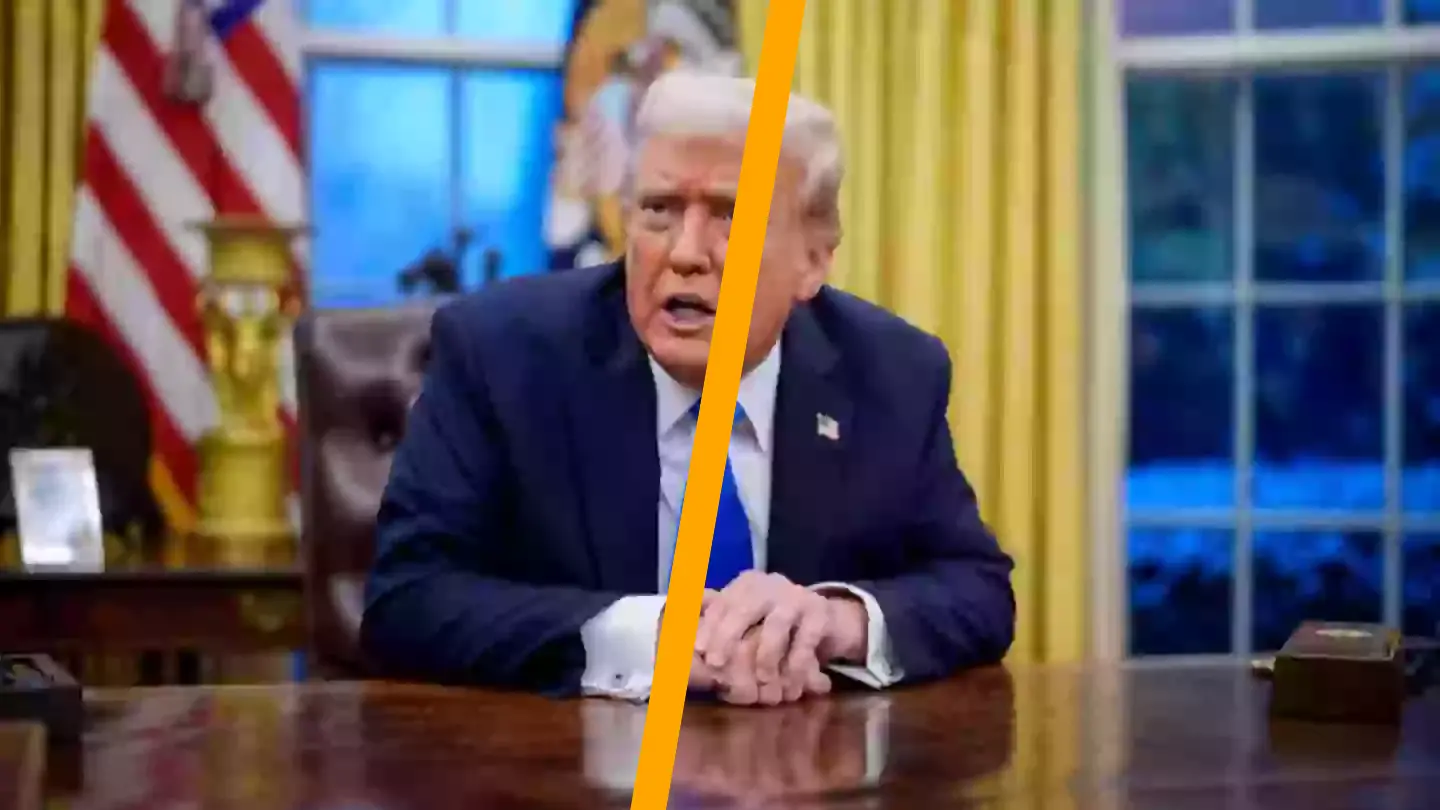Donald Trump has long been associated with contentious issues, and his recent statements have sparked alarms regarding his potential plans for both American citizens and foreign prisons.
Earlier in the month, Trump publicly acknowledged the possibility of deporting U.S. citizens to El Salvador’s notorious mega prison.
This follows the U.S.’s prior deportation of up to 261 individuals suspected of criminal activity to the Center for Terrorism Confinement (CECOT), a facility infamous for detaining Venezuelan gang members and mass murderers.
CECOT is the largest prison in the Americas, capable of holding 40,000 inmates.

The approval for these mass deportations came after the reintroduction of a rarely used 18th-century legislation, the Alien Enemies Act of 1798. This act permits the U.S. to deport individuals accused of gang affiliation or criminal activity without court proceedings.
Karoline Leavitt, the White House press secretary, stated on Tuesday (April 8) that this could potentially extend to the most severe U.S.-born criminals, regardless of their incarceration status.
She supported Trump’s comments but clarified that any actions would be contingent upon legal permissibility.
In her briefing, she remarked: “The president has discussed this idea quite a few times publicly he has also discussed it privately.
“You are referring to the president’s idea for American citizens to potentially be deported, these would be heinous, violent criminals, who have broken our nation’s laws repeatedly.
“These are violent repeat offenders in American streets. The president has said if it is legal, if there is a legal pathway to do that, he is not sure, we are not sure if it is.
“It is an idea that he has simply floated and has discussed very publicly in the effort of transparency.”

Trump expressed a strong interest in the concept of transferring the most “horrible criminals” to El Salvador, citing cost-efficiency compared to domestic incarceration.
He explained: “We have some horrible criminals, American-grown and born, and if we have somebody that bops an old woman over the head, if we have somebody that is in jail 20 times and goes back and shoots people all over the place and then has a bad judge or a bad prosecutor that do nothing about them, all they worry about is politics, I think if we could get El Salvador or somebody to take them, I’d be very happy with it, but I have to see what the law says.”
Despite his statements, critics have voiced concerns that such measures could infringe on international human rights laws.

